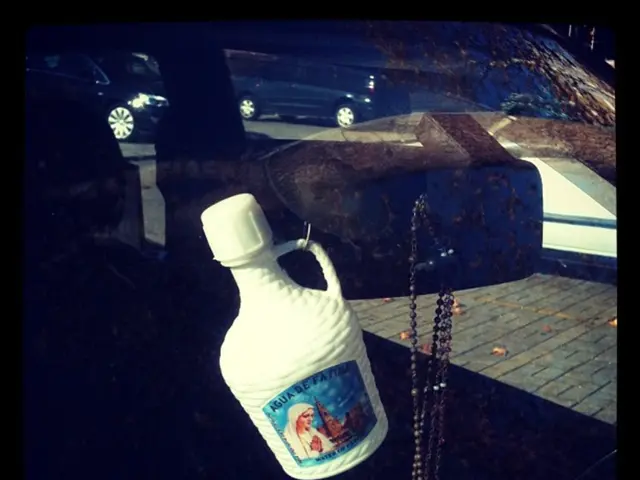Disney Suing Over AI Training Hindrance: It's Not About Picking Sides, It's About Not Allowing Insertional Obstruction
In a recent response to a lawsuit filed by Disney and Universal in June, AI image platform Midjourney argues that the use of artificial intelligence (AI) to train its image-generation models falls under fair use protections in U.S. copyright law.
The lawsuit claims that users on the Midjourney platform were able to produce images that are substantially similar to the studios' copyrighted characters. However, Midjourney's legal team, represented by Bobby Ghajar, John Paul Oleksiuk, Judd Lauter, and Ellie Dupler of Cooley LLP, contends that their AI generates images from scratch using learned statistical patterns rather than reproducing copyrighted images directly.
Midjourney's response argues that AI training on copyrighted works is a highly transformative use and protected as fair use, comparing it to other court-accepted transformative uses. The response also points out that copyright law does not grant absolute control over the use of copyrighted works, and that fair use safeguards the free flow of ideas, including uses like parody, critique, and fan art, which could involve AI-generated content resembling copyrighted characters.
Furthermore, Midjourney accuses Disney and Universal of hypocrisy, pointing out that many employees of these studios use Midjourney's platform themselves, and Disney's CEO has publicly praised AI as an invaluable tool for artists. This is part of Midjourney's argument that the studios are trying to “have it both ways” — benefiting from AI technology while simultaneously suing the company for its AI training.
Midjourney's users are required to adhere to the terms of service, which forbid infringing on intellectual property rights. The response was filed in response to the lawsuit brought by Disney and Universal.
The Disney-Universal lawsuit largely focuses on AI outputs, arguing that Midjourney users are creating images that are substantially similar to the studios' copyrighted works. However, Midjourney maintains that merely creating images similar to copyrighted works is not enough to show infringement.
Midjourney is a popular tool among visual effects companies and other vendors that work with Disney and Universal. The company filed a response to the lawsuit on Wednesday evening. Bobby Ghajar also represents Meta in a case in which authors have accused the company of illicitly training its AI language model on their books.
[1] Midjourney's lawyers argue that the free flow of ideas and information is a countervailing public interest safeguarded by fair use. [2] According to Midjourney's lawyers, copyright law does not grant absolute control over the use of copyrighted works. [3] Midjourney's lawyers argue that there are any number of legitimate, noninfringing grounds to create images incorporating characters from popular culture, including non-commercial fan art, experimentation and ideation, and social commentary and criticism. [4] The response argues that the studios have no power to prevent AI training on their works.
- The response argues that the free flow of ideas in art, facilitated by AI technology, is a countervailing public interest safeguarded by fair use.
- Midjourney's lawyers contend that AI-generated art, inspired by or similar to copyrighted characters, can be legitimately created for non-commercial purposes such as experimentation, ideation, social commentary, and criticism.




